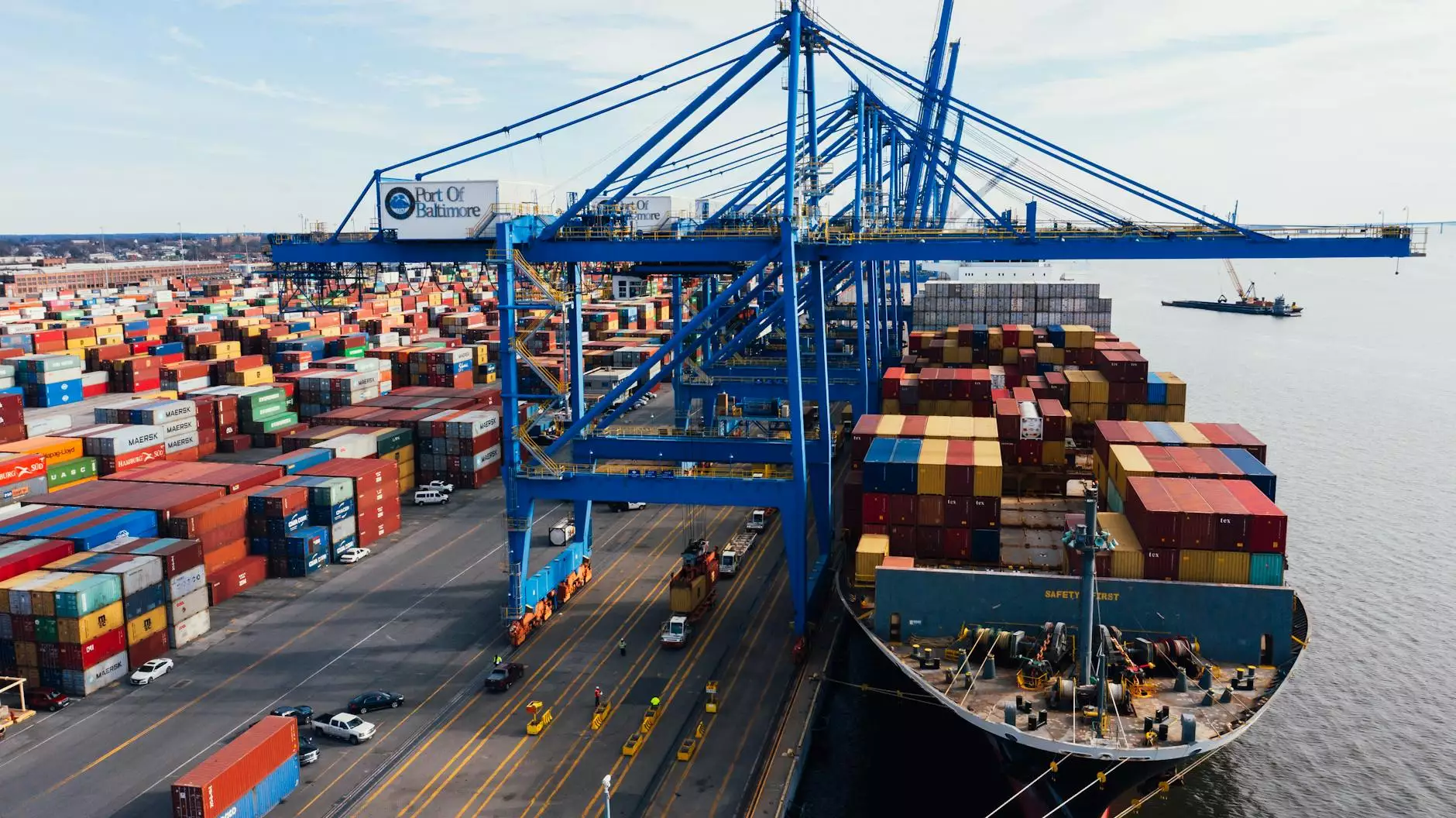Understanding Freight Charges Per KG: A Comprehensive Guide

Freight charges per kg is a common term used in the logistics and transportation industry. It refers to the cost of shipping goods calculated based on their weight, specifically the weight in kilograms. Understanding this concept is vital for businesses looking to optimize their shipping budgets and logistics operations. In this article, we will explore the factors affecting freight charges, how they are calculated, and tips for reducing shipping costs.
What are Freight Charges?
Freight charges are the fees assessed by transportation companies for the movement of goods from one location to another. These charges vary significantly based on multiple factors, including:
- Weight of the shipment
- Distance between pickup and delivery locations
- Type of goods being shipped
- Shipping method (air, sea, or land)
- Service level (standard, express, etc.)
Understanding Freight Charges Per KG
Calculating freight charges per kg is essential for businesses involved in logistics. This pricing metric allows shippers to understand the cost implications of shipping heavier or bulkier items. The formula for calculating freight charges per kg is simple:
Freight Charges = (Total Cost of Shipping) / (Total Weight in KG)
For example, if it costs $200 to ship a 100 kg package, the freight charges per kg will be:
$200 / 100 KG = $2 per KG
Factors Affecting Freight Charges Per KG
Numerous factors can affect the freight charges per kg. Let’s delve into these:
1. Weight and Dimensions
The most straightforward determinant of shipping costs is the actual weight and size of the shipment. Carriers typically charge based on the greater of the actual weight or the dimensional weight. Dimensional weight is calculated based on a package's size, which can also lead to higher shipping costs if the package is large but light.
2. Shipping Distance
The distance between the origin and destination significantly influences freight charges. Longer distances typically yield higher charges due to increased fuel consumption and logistical resources. It’s crucial to consider proximity to major shipping centers, as this can drastically affect costs.
3. Type of Goods Being Shipped
Different types of goods have varying freight classifications. For example, hazardous materials may attract higher fees due to handling requirements, while perishable goods might require specialized transport, impacting overall charges.
4. Shipping Mode
Different transportation modes—air, land, or sea—have distinct costs associated with them. Air freight, while faster, is considerably more expensive than ocean freight. The optimal mode of transport will depend on the urgency and cost-effectiveness dictated by your business needs.
5. Additional Services
Freight charges can also include additional services such as insurance, tracking, and special handling. These can add to the overall cost calculated per KG, so businesses must factor these into their logistics budgeting.
How to Calculate Freight Charges Per KG
Calculating freight charges per kg accurately requires you to gather specific information regarding the shipment. Here’s a quick guide:
- Determine the actual weight of your shipment using a scale.
- Measure the dimensions of your package to calculate dimensional weight if necessary.
- Consult with your carrier to find out the applicable rates based on weight, distance, and goods type.
- Check for any additional fees that might apply, such as for insurance or special handling.
- Apply the formula: Total Cost / Weight (kg) to find your freight charges per kg.
Tips to Minimize Freight Charges
To optimize your shipping costs and effectively manage freight charges per kg, consider the following tips:
1. Optimize Packaging
Ensure that your packaging is appropriate for the items being shipped. Use the least amount of space while protecting the goods. This can help in reducing both actual and dimensional weight, leading to lower shipping costs.
2. Negotiate Rates with Carriers
Long-term partnerships with shipping companies can yield discounts. Don’t hesitate to negotiate your rates, especially if you are a frequent shipper.
3. Utilize Shipping Software
Investing in shipping management software can simplify the process of calculating and managing freight charges per kg. It can also provide insights into the best carriers and methods based on your needs.
4. Consider Consolidation
If possible, consolidate shipments to increase efficiency and lower costs. Sending larger, combined shipments can often be more cost-effective than multiple small ones.
5. Keep Up with Market Trends
Stay informed about trends in the freight industry. Costs fluctuate based on factors like fuel prices, demand, and economic conditions. Being aware of these trends enables better planning and budgeting.
Key Takeaways
Freight charges per kg significantly influence the total cost of logistics for many businesses. Understanding how these charges are calculated and what factors impact them is crucial for optimizing shipping costs. By applying best practices in packaging, leveraging technology, and fostering strong relationships with carriers, businesses can reduce their shipping expenses and enhance their overall efficiency.
Conclusion
Freight charges are an essential aspect of the logistics landscape, especially for businesses operating within the realms of shipping centers, transportation, and airports. By understanding everything about freight charges per kg, businesses can plan strategically to minimize costs while ensuring timely delivery of goods. Adopting the tips highlighted in this guide will help in managing shipping expenses effectively, ultimately contributing to a better bottom line for your business.









